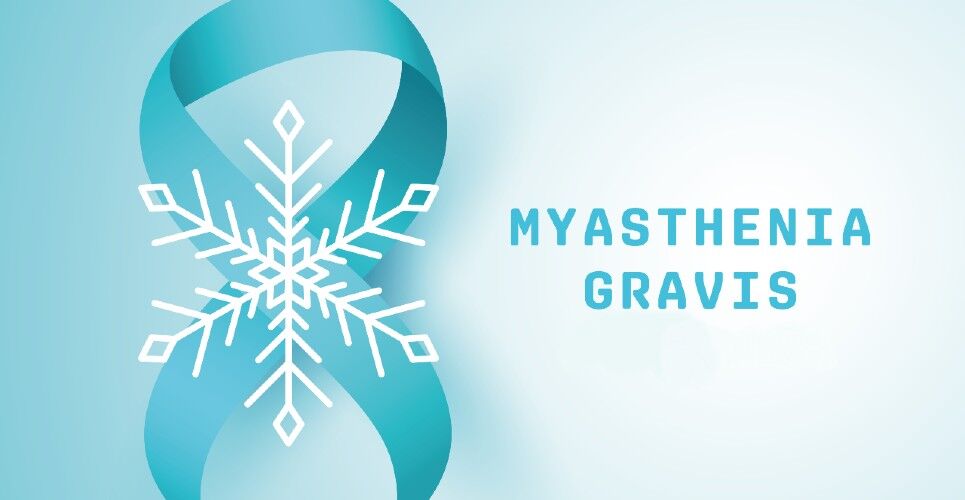A novel approach using RNA CAR T cell therapy improves clinical symptoms in patients with myasthenia gravis according to a recent phase 1b/2a study.
Chimeric antigen receptor (CAR) T cells represent a versatile new class of effective and molecularly precise therapy in oncology. However, CAR T cell treatment has also been trialled with some degree of success in patients with autoimmune diseases such as systemic lupus erythematosus.
While conventional CAR T-cell engineering relies on DNA to express the CAR, an alternative is to engineer these cells with RNA, to produce RNA CAR T cells. The rationale behind using RNA is that because the molecule is not self-replicating, it would confer more predictable pharmacokinetics and consequently a more favourable safety profile.
In a small scale trial of using RNA CAR T cells published in the Lancet Neurology, researchers examined the value of this approach to treat individuals with myasthenia gravis – commonly known as the ‘snowflake disease’ because it affects each individual differently.
This prototypical autoimmune disease is characterised by autoantibodies that target the neuromuscular junction, which causes chronic fluctuating and potentially debilitating weakness and muscle fatigue. The RNA CAR T cell therapy, known as Descartes-08, was used in adults with generalised myasthenia gravis and a Myasthenia Gravis Activities of Daily Living (MG-ADL) score of 6 or higher gravis.

The study was undertaken in two phases. Initially, patients with Myasthenia Gravis Foundation of America (MGFA) disease class III-IV generalised myasthenia gravis were given three increasing doses of Descartes-08, to identify the maximum tolerated dose. In the second phase, participants with MGFA disease class II-IV received six infusions of the maximum tolerated dose.
The primary objective was to establish the safety and tolerability of Descartes-08, whereas secondary objectives assessed disease severity. Researchers used four validated scales used to assess disease severity: MG-ADL, Quantitative Myasthenia Gravis (QMG), Myasthenia Gravis Composite (MGC), and Myasthenia Gravis Quality of Life 15-revised (MG-QoL-15r).
RNA CAR T cell therapy outcomes
In total, 14 participants were enrolled, three in phase 1 and 11 in phase 2 and the median follow-up in phase 2 was five months.
Mean improvements from baseline to week 12 were -6 for MG-ADL, -7 for QMG, -14 for MGC and -9 for MG-QoL-15r.
There was no dose-limiting toxicity, cytokine release syndrome or neurotoxicity. Common adverse events were headache, nausea, vomiting and fever, which resolved within 24 hours of the infusion.
Based on these preliminary findings, the researchers suggested that RNA CAR T cell therapy warranted further investigation as a treatment approach for individuals with myasthenia gravis and other autoimmune diseases.

